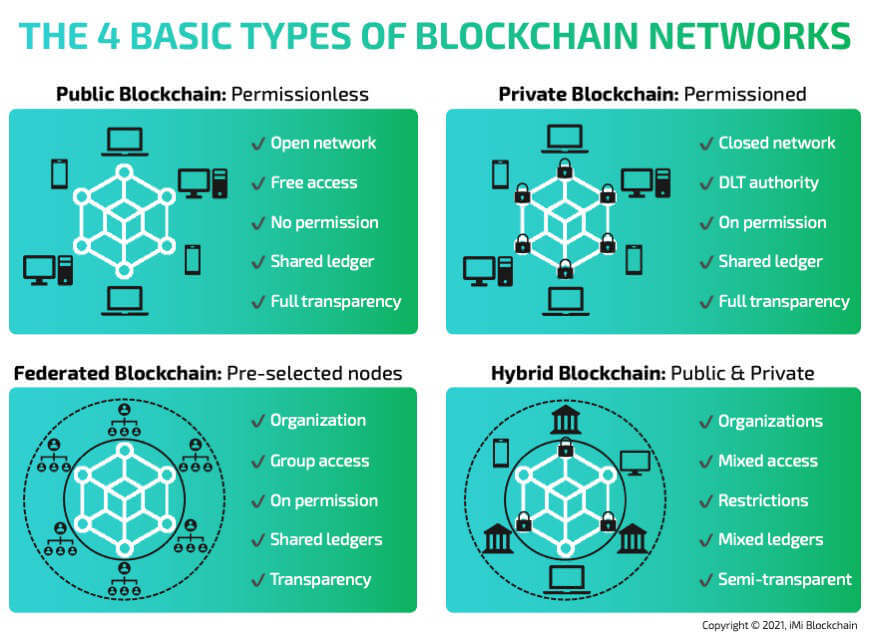Blockchain A Type of Transparent Distributed Technology

Blockchain: Revolutionizing Digital Transactions
In the dynamic landscape of technology, blockchain has emerged as a groundbreaking force, redefining the way we approach digital transactions. Let’s delve into the intricacies of this transformative technology and understand why it’s not just a type of cryptographic innovation.
Decentralized Ledger System: Unveiling Transparency
Blockchain operates as a decentralized ledger system, marking a departure from traditional centralized databases. In this distributed network, information is stored across multiple nodes, ensuring transparency and eliminating the need for a central authority. Each transaction is recorded in a block, linked to the previous one, creating an immutable chain of information.
Secure Cryptographic Network: Building Trust in Transactions
One of the key features of blockchain is its utilization of cryptographic techniques to secure transactions. The data stored in each block is encrypted, making it resistant to unauthorized tampering. This secure cryptographic network instills trust in digital transactions, offering a level of security that goes beyond conventional methods.
Peer-to-Peer Digital Innovation: Redefining Connectivity
Blockchain operates on a peer-to-peer network, facilitating direct transactions between users without the need for intermediaries. This not only enhances the speed of transactions but also reduces associated costs. The peer-to-peer structure of blockchain is a digital innovation that reshapes the dynamics of online interactions, providing a more efficient and streamlined experience.
Trustless Decentralized Ecosystem: Reducing Dependency
The trustless nature of blockchain is a game-changer. Unlike traditional systems where trust is placed in central authorities, blockchain’s decentralized ecosystem eliminates the need for blind trust. Through consensus algorithms and cryptographic verification, participants can engage in transactions without relying on intermediaries or worrying about the integrity of the system.
Revolutionary Smart Contract Platform: Automating Agreements
Smart contracts, a hallmark of blockchain technology, are self-executing contracts with the terms of the agreement directly written into code. This revolutionary feature automates processes, ensuring that contractual obligations are fulfilled automatically when predefined conditions are met. This not only increases efficiency but also reduces the risk of disputes and enhances overall transparency.
Immutable Cryptocurrency Protocol: Ensuring Security
Blockchain is synonymous with cryptocurrencies, and its immutable protocol ensures the security of digital assets. Once a transaction is recorded on the blockchain, it becomes practically impossible to alter. This immutability protects against fraud and ensures the integrity of the cryptocurrency ecosystem, providing users with a secure platform for financial transactions.
Transparent Digital Ledger: Enhancing Accountability
Transparency is a core principle of blockchain, with each participant having access to a complete and transparent digital ledger. This transparency enhances accountability, as every transaction can be traced and verified. In a world where trust is paramount, blockchain’s transparent digital ledger becomes a cornerstone for fostering confidence in digital interactions.
Decentralized Trust Network: Redefining Digital Relationships
Blockchain establishes a decentralized trust network, shifting the paradigm of how trust is established and maintained online. Through cryptographic verification and consensus mechanisms, participants in the blockchain ecosystem can engage in transactions without relying on a central authority, fostering a new era of decentralized trust in the digital realm.
Immutable Data Storage System: Safeguarding







